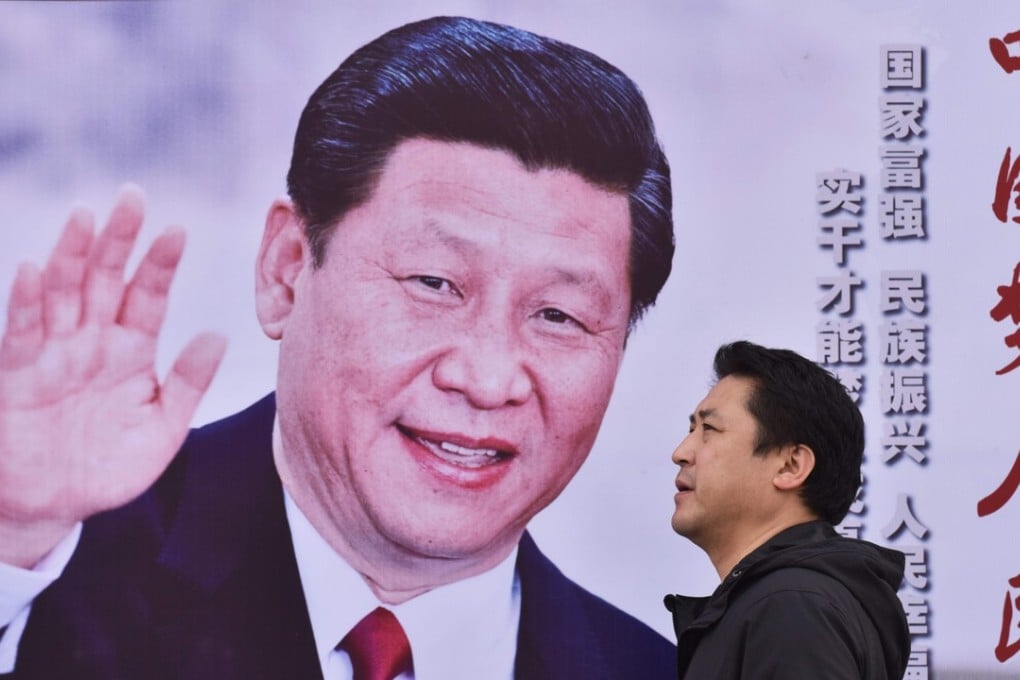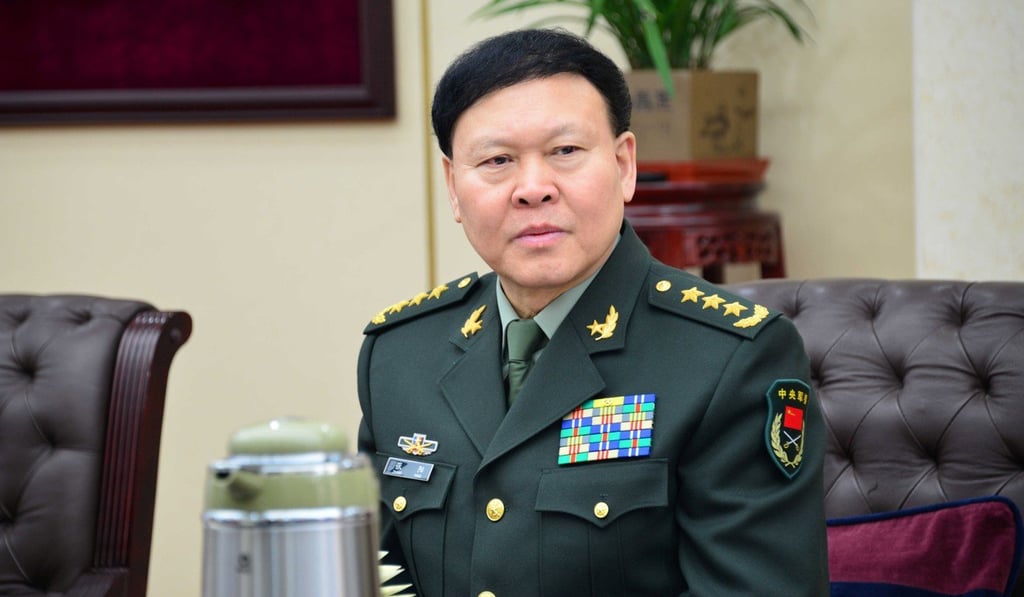Why has China’s anti-corruption rating barely budged despite thousands of arrests?
Dan Hough says that China’s corruption problem won’t be solved just through the numerous jailings of high-profile officials, but will require a systemic solution that will make progress slow

Xi Jinping puts China’s mafia in cross hairs, but fears of judicial abuse remain
The answer to that is complicated. Firstly, intriguing though it is to compare the scope of the corruption challenge around the world, one needs to be careful before reading too much into the data. The Corruption Perceptions Index – as its name suggests – measures perception of how much corruption there is. It makes no claim to measure reality. And, of course, perception and reality are not always aligned.
Furthermore, the index is beset with other methodological challenges. Mainland China’s score of 41 places it squarely alongside the Caribbean islands of Trinidad and Tobago; but can we really be sure that the type, nature and amount of corruption that these two countries have is the same? Clearly it can’t be, yet they both end up with the same score.
Furthermore, if ever a country were to score 100 (no country ever has), that would infer that it was corruption-free, yet there is no consensus at all on what a corruption-free state would actually look like. This data needs using carefully.
These methodological challenges appear to offer hope to Beijing that things might well be different in reality.

